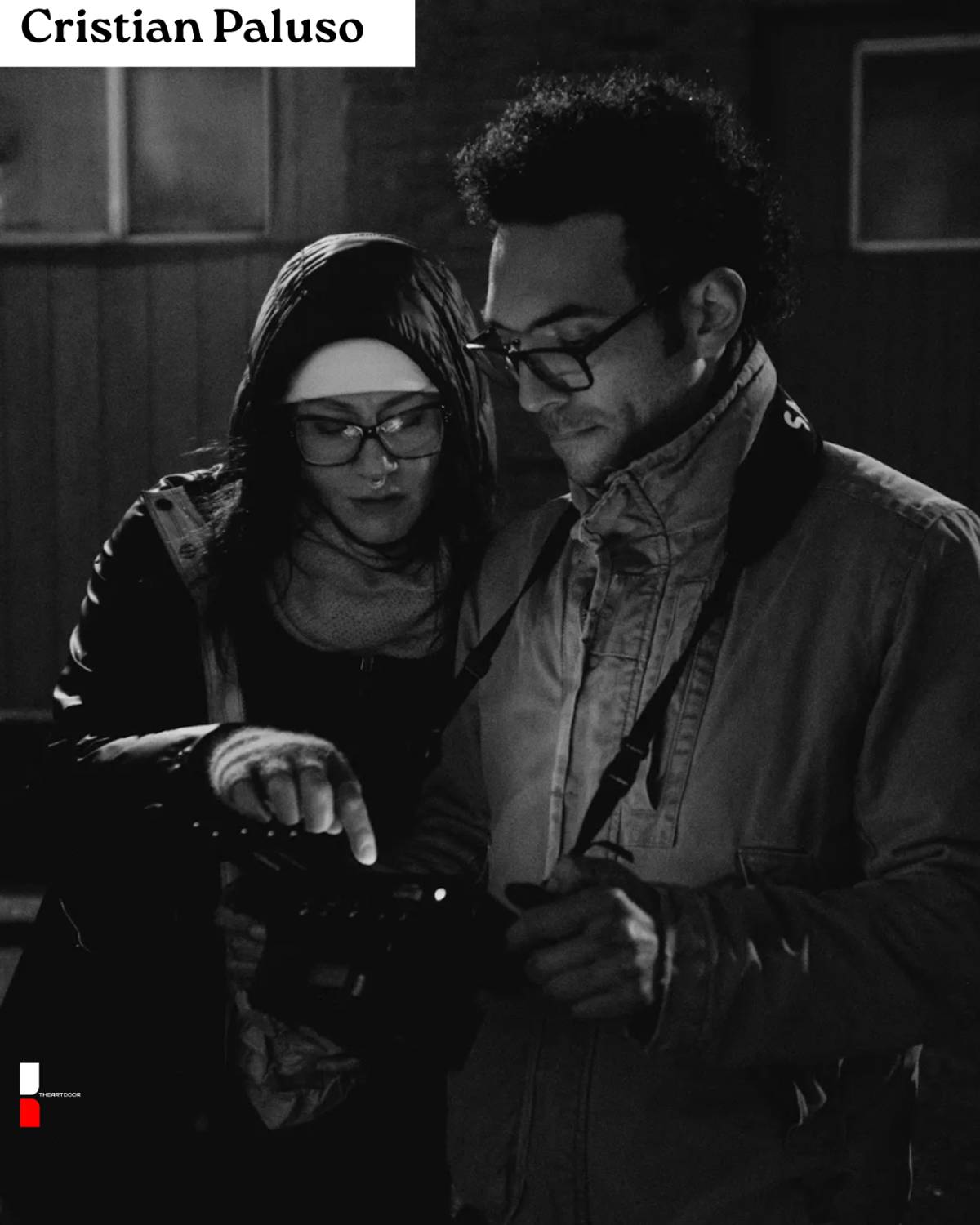Why Citizen Kane Remains the Greatest Movie Ever Made and Why No Directorial Debut Has Matched It Since
By Staff Writer | Editor in chief: Entertainment Correspondent
ShareEighty-four years after its groundbreaking premiere, Citizen Kane continues to hold a mythic status in the canon of cinema not merely for its technical innovation or narrative daring, but for the sheer audacity of being Orson Welles’s very first feature film. While countless directors have emerged since with strong debuts, none have reshaped the cinematic language on their first try the way Welles did in 1941.

On X by ANNAPURNA
More than just a classic, Citizen Kane is a cinematic watershed, a work that synthesized radical storytelling, psychological depth, and visual boldness into a seamless whole. That it came from a 25-year-old stage and radio wunderkind with no prior film experience makes its achievement almost unfathomable.

Photo: The Orson Welles Show (radio series)
A Debut That Rewrote the Rules
Welles arrived in Hollywood with the clout of a prodigy and the arrogance to match. RKO Pictures famously gave him unprecedented creative control, a rarity then and now. He used it to reimagine how film could function, from the non-linear structure that fragmented Charles Foster Kane’s life through a prism of unreliable narrators, to the now-legendary use of deep focus cinematography by Gregg Toland.

Depth of Field: Gregg Toland, Citizen Kane and Beyond. Photo: RKO Pictures
“The film didn’t just break the rules,” says Dr. Nina Farrow, a film historian at NYU, “it asked why the rules were there in the first place.”
From ceilings in shots to jarring low angles, from elliptical editing to the use of sound as narrative propulsion, Citizen Kane turned the camera into a character. This formal innovation wasn’t decoration, it was inextricable from the story’s exploration of memory, identity, and the price of ambition.
Citizen Kane Photo: RKO Pictures
The Curse of the First Film
Welles’s debut has become an impossible benchmark for first-time directors, a masterpiece that paradoxically overshadowed the rest of his career.

Citizen Kane Photo: RKO Pictures
While directors like François Truffaut (The 400 Blows), Quentin Tarantino (Reservoir Dogs), or Jordan Peele (Get Out) have made landmark first films, none have managed to simultaneously redefine the medium and create a personal epic of such psychological complexity as Kane.

Photo: RKO Pictures Logo
Film critic A.O. Morales argues that part of Citizen Kane’s unmatched status comes from “its lightning-in-a-bottle context, the convergence of Welles’s outsider perspective, RKO’s gamble, and the post-silent era’s hunger for narrative innovation.”
Simply put, the world had never seen a film like it, and never would again.
Cultural Legacy and Enduring Power
Though Citizen Kane was not a box-office smash, its legend grew over time. By the 1960s, it was already being taught in film schools as the textbook for modern filmmaking. In 2025, it remains a rite of passage for cinephiles, one that rewards repeated viewing with new layers of insight.

Citizen Kane Photo: RKO Pictures
The film’s cultural references, the infamous “Rosebud,” the hall of mirrors, and the Xanadu estate have permeated not only the film but the broader artistic vocabulary. Welles didn’t just direct a movie; he created a cinematic archetype of the tragic genius.
Why No One Can Touch It
It’s not for lack of talent that no first-time director has surpassed Kane, but rather because the conditions that enabled its creation no longer exist. In today’s heavily commercialized and risk-averse industry, no studio would give a 25-year-old carte blanche to make a psychologically dense, structurally nontraditional, politically charged film about a media tycoon loosely based on a real magnate (William Randolph Hearst).

William Randolph Hearst Photo: Pixels
Welles was an anomaly, a theatrical savant with a visionary eye and the means to make it real. That his debut film remains the greatest ever made is not just a reflection of his genius, but a lamentation of what the system no longer allows.
In the end, Citizen Kane stands alone not because no one else has tried, but because it was a singular eruption of vision at a singular moment in time. To match it would require not only talent, but revolution. And revolutions, like Welles himself, rarely come quietly.



